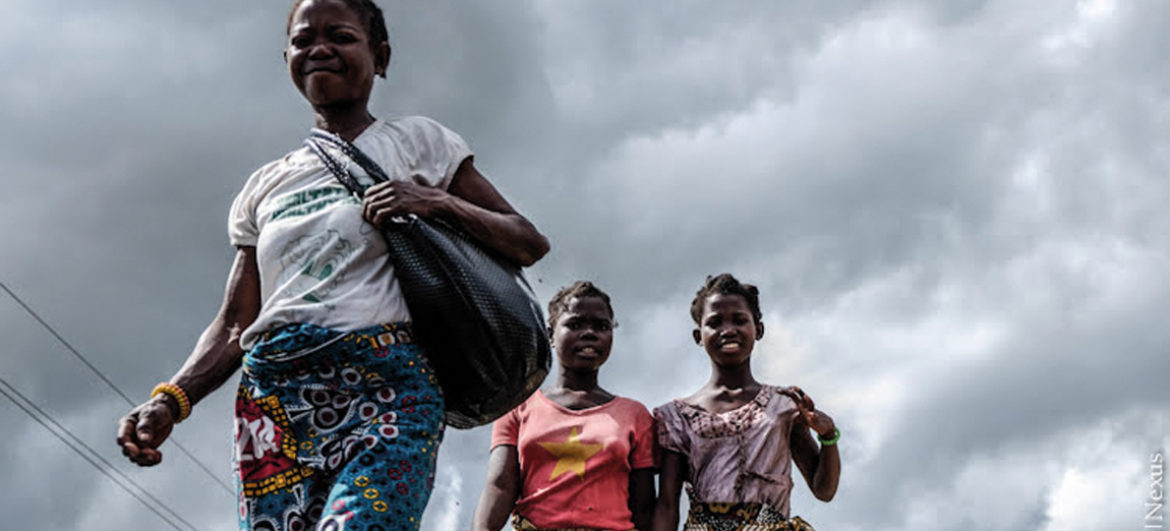Quis autem velum iure reprehe nderit. Lorem ipsum dolor sit nulla or narjusto laoreet onse ctetur adipisci.
Quis autem velum iure reprehe nderit. Lorem ipsum dolor sit nulla or narjusto laoreet onse ctetur adipisci.

JRS’s Global Education Initiative
In 2015, Pope Francis called for a Jubilee Year of Mercy. He hoped that the Church would “be able to find in this Jubilee the joy of rediscovering and rendering fruitful God’s mercy, with which we are all called to give comfort to every man and every woman of our time.”[1]
In response to Pope Francis’ call, the Jesuit Refugee Service (JRS) began the Global Education Initiative to increase the number of people served in JRS education projects by 100,000 – from 140,000 in 2015 to 240,000 by 2020.
How have we gone? At the end of 2017 JRS had:
- 184,403 students, in 23 countries—pre-school, primary, secondary, professional and post-secondary, and adult literacy
- When we add livelihoods training, the number comes to 204,987
Why does JRS focus on education?
JRS has long considered education a life-saving intervention, and we recognize that it is our lasting contribution to long-term durable solutions to conflicts. Because most high conflict areas are also places where the education level is very low, JRS believes our education projects have a positive impact in the regions we serve by helping to transform these communities.
JRS holds that there is more to education than simply imparting knowledge. Education is an essential component in the building up of human dignity, because it helps people to restructure their lives by giving them skills to transform the situation in which they find themselves, and to sustain themselves. It helps build the person’s capacity to make his or her life better and allows that person to make informed choices. Well-educated refugees (whether they are integrated locally, resettled, or repatriated) are able to bring skills to help build and transform their communities.
For forcibly displaced children, schools are safe havens. Educators look out for the welfare of these children, while classrooms are able to provide a protective environment for them. Schools help to “normalize” the situation in a refugee community, by providing a regular rhythm to the life of young people. They are places where people can come together and work for the common welfare of children. This allows for social cohesion across cultural, ethnic, and religious fault lines.
Our global strategy is grounded in Ignatian pedagogy and emphasizes JRS values of accompaniment, service, and advocacy. JRS seeks to build capacity, improve and extend its educational programmes, and become a globally-recognized leader in education for refugees and forcibly displaced people.
What are the foci of the Global Education Initiative?
- Education of those most in need, especially girls;
- Teacher Formation Programme;
- Providing Professional and Post-Secondary education.
We have developed a Teacher Formation Program because: “Teacher preparedness and teaching quality are the most influential factors contributing to immediate and formally assessed learning outcomes. Teachers matter more than any other single factor to learning and to the ongoing, formative assessment that is critical to improving learners’ achievement.” (UNHCR)
If your academic institution is interested in sharing knowledge with refugee teachers or if you would like send some of your education faculty to train refugee teachers, please contact:
Michael.Smith@jrs.net
[1] Pope Francis, Announcement of the Jubilee of Mercy, 13 March 2015

You must be logged in to post a comment.